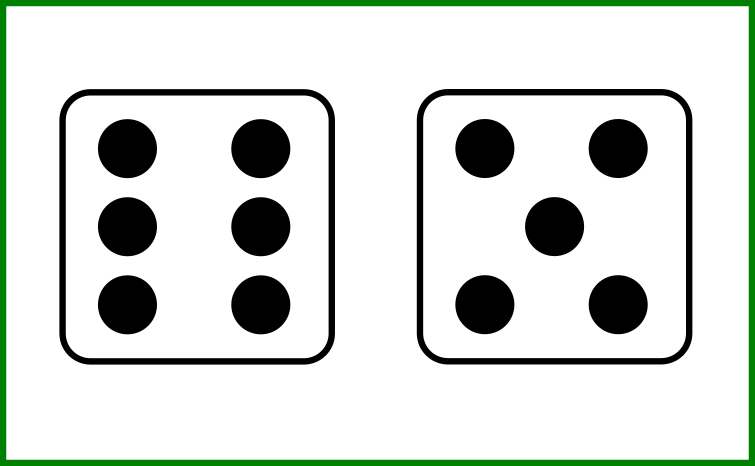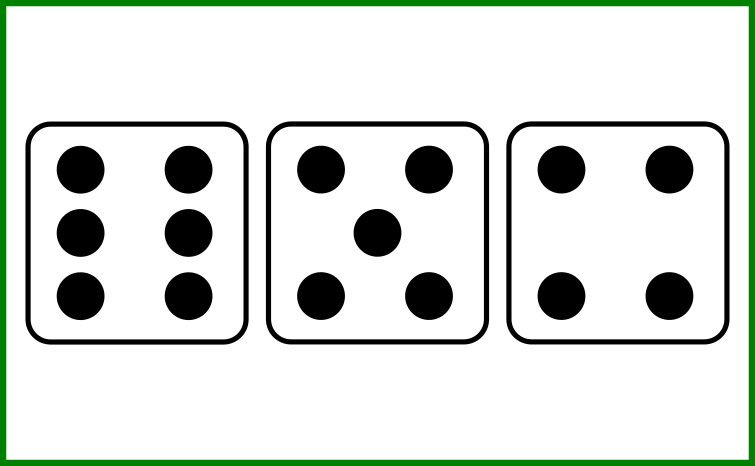TASK RESOLUTION
In order for your character to do something, you need only state the action you wish to take, say the words your character says (in their voice, if you so choose), or otherwise notify the GM of what your character is doing. Most of the time, the GM will describe how the world and its NPCs react to your character's actions. With a few notable exceptions, the same physical laws that govern the real world also govern the world of Afterlight. Barring the interference of the magical and mysterious, the actions your character takes in the game world will likely follow the same logical line of consequences that they would in our world.
Sometimes, the action your attempting may meet with resistance or stand a reasonable chance of failure. When the GM deems it dramatically appropriate, you'll be required to make a Feat roll in order to complete your task successfully.
Sometimes, the action your attempting may meet with resistance or stand a reasonable chance of failure. When the GM deems it dramatically appropriate, you'll be required to make a Feat roll in order to complete your task successfully.
|
You'll roll a Feat when the task you're attempting stands a reasonable chance of failure or could use a number to rate how well you did. Attacking an enemy, casting a Spell, and picking a lock all have a chance to succeed or fail and a number could articulate just how spectacularly you succeed (or not) at the task you're attempting. A Feat is typically rolled when you attempt something:
|
ProficiencyYou can't pick a lock or translate a language or play the piano without a degree of specialized training or knowledge. When your character tries to do something that requires a niche, learned skill (like picking a lock or playing an instrument), the GM may rule that you need Proficiency in order to attempt such a Feat. This simply means that you must have a Feature that is logically related to the task at hand. Features are unique quirks, training, or knowledge that you have (See the Features page for more information). For example, having the Sneakthief Feature likely means you are adept at picking locks. Entertainer may mean you can sing or play an instrument. And so on. |
Actions like opening a door, drinking a potion, or moving from point A to point B don't usually stand a chance of failure and no numerical value can really be assigned to gauge how successful the action was; you either do it or you don't. In such cases, you simply do it (you may or may not need to use one of your limited pool of Actions this turn depending on how complicated or time-consuming it is - see below). Unless the GM decides otherwise, you can take a mundane action to do something:
- That does not create or increase dramatic tension
- Boring and mundane
- Rote or second-nature to the character
- Where the chance of failure is practically zero
- Where there is no way to numerically measure success; you do it or you don't




